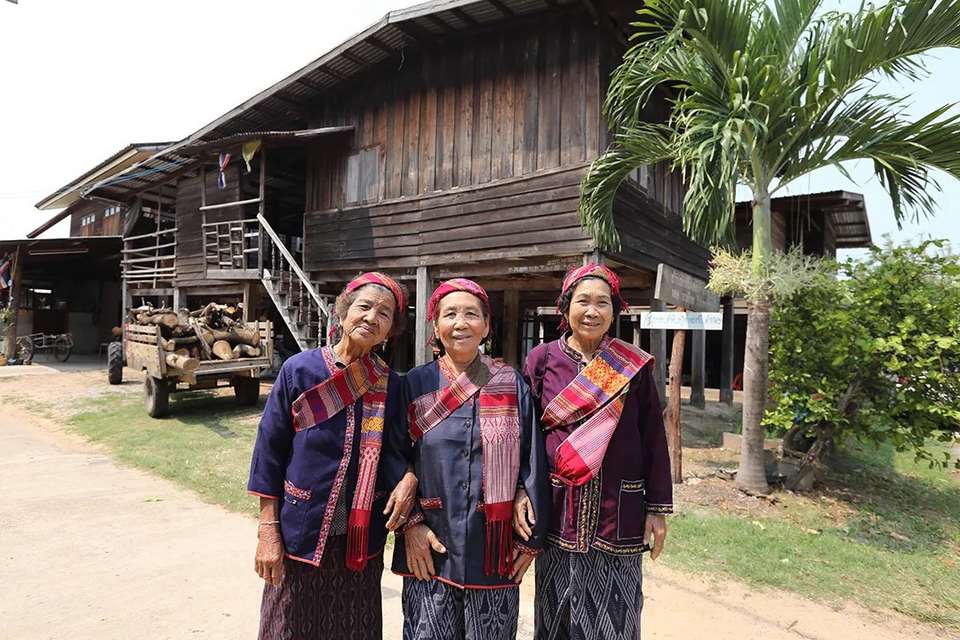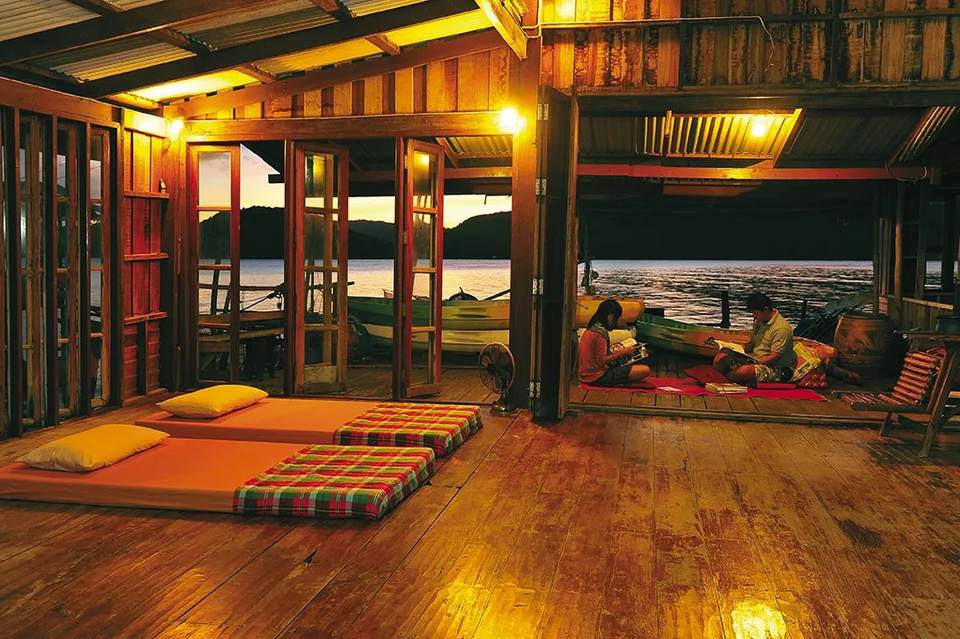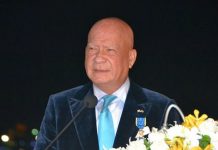
Projected prime minister, Move Forward leader Pita Limjaroenrat, has stressed that Thailand needs to diversify the international tourist market by a Homestay Act. The notion of sharing your home with a stranger, or renting him or her a spare room, is not new and there are plentiful websites and social media offering global opportunities. But the idea of Thai legislation to encourage the process is certainly new.
Mr Limjaroenrat argues in his speech that 70 percent of US$2 billion international visitor cash is spent in urban or tourist centers such as Bangkok, Phuket and Pattaya. He wishes to encourage the expansion and diversification of international visitor numbers by a national homestead act which, he believes, would see independent travellers more willing to visit those provinces currently untouched by mass tourism. In rural areas, for example, homestays might encourage younger tourists to holiday in free accommodation in return for light duties on the farm.
Such a move would certainly require legislation. As matters stand, any “work” performed by foreigners, even domestic or voluntary duties, could be seen as a breach of the alien labor laws. Moreover, those offering homestays at present are responsible for registering the address of foreign guests on first arrival. If they don’t, then the luckless tourist is sometimes fined by immigration at a later stage when they apply for an extension of stay.

A homestay act, which would probably take shape as another non-immigrant visa, would enable international visitors to stay three months (plus extensions) as long as they remain in a registered private home. The law would need to spell out the duties of host and guest, particularly with regard to immigration and labour department issues, to avoid unwelcome and counter-protective news stories in the international press.
Globally, homestay is not without a negative side. Sometimes, the host may impose a curfew (“we are all in bed here by 11 pm”) and the standard of comfort may not be as welcome as in hotels. Disputes can break out and there are recorded instances of violence after a breakdown in communication. But the Move Forward suggestion could add to Thailand’s recent diversification of traditional tourism into options such as medical tourism which has proved to be bountiful dollar windfall.
Mr Limjaroenrat has also suggested immigration rule changes to allow visitors to stay longer, although he gave no details. More pressingly, he might order an investigation into the rules that tourists and expats find so irksome – registration of address on arrival (TM30) and re-registration every 90 days (TM47). If Cambodia can find a far simpler and once-only system – the fully automated Foreigner Presence in Cambodia app – why not Thailand?





